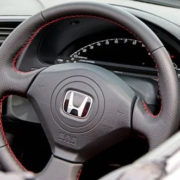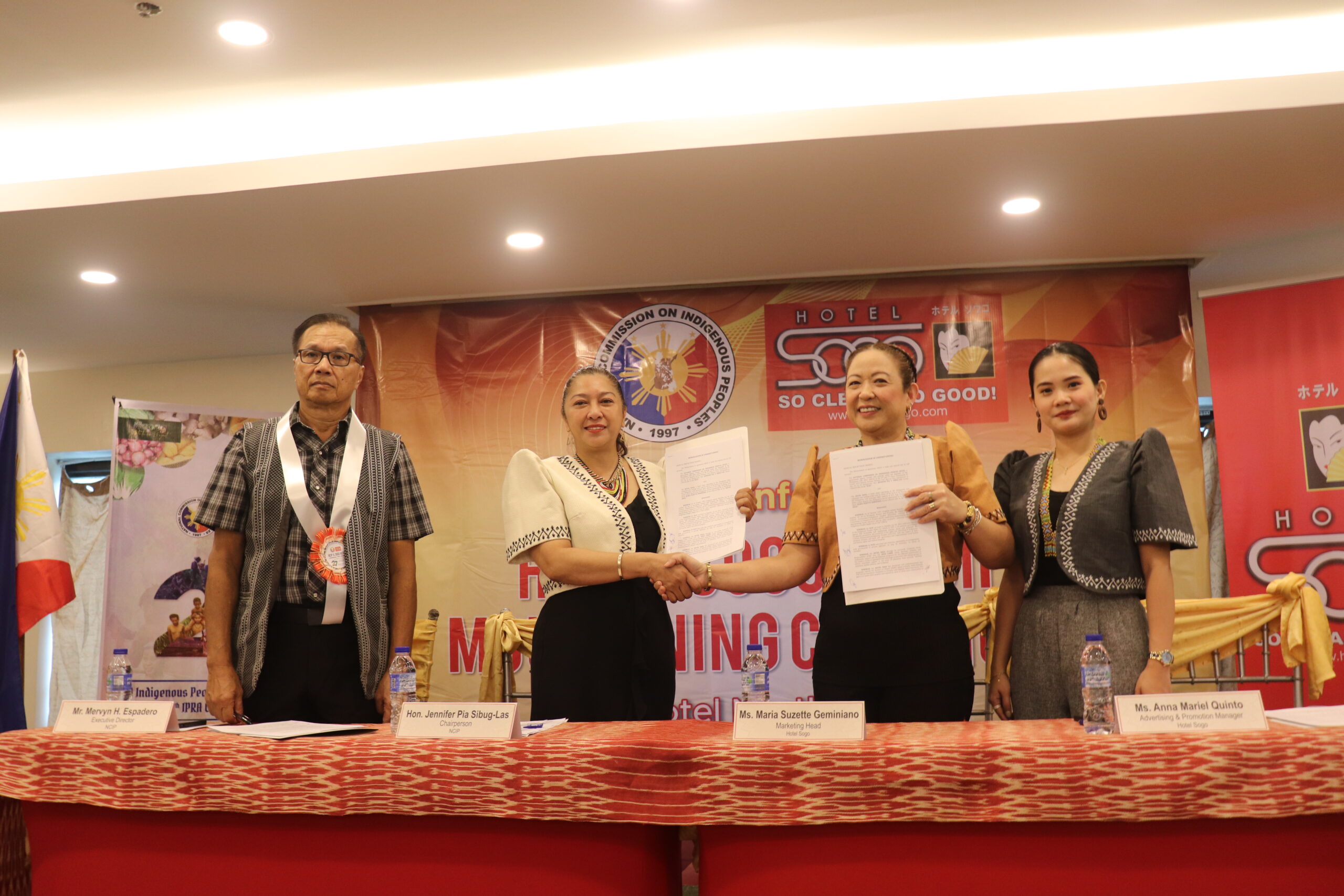Makati – Following a meeting with Honda Cars Philippines, Inc. (HCPI) President and General Manager Noriyuki Takakura on February 24, the Department of Trade and Industry (DTI) Secretary Ramon Lopez confirmed that the closure of the Honda car production facility in the Philippines was primarily triggered by the global slowdown caused by the US-China trade war, followed by the current COVID-19 issue. The market slowdown forced companies like Honda to rationalize their global operations, optimizing the allocation of their resources.
“It was clarified that the closure of operations in the country was a global decision by Honda HQ and Philippine operations were not involved in the decision to close the facility in the country,” said Sec. Lopez.
“The reason they cited was a global slowdown in the automotive industry, coupled with a more competitive market with more players. This forced any company to consolidate and select operations with least cost and with a more favorable market position and volume of operation,” he added.
Honda’s rationalization, which began last year, started in the UK, Turkey, Argentina and Mexico. These will affect more countries as Honda continues to rationalize the distribution of their resources and their operations worldwide.
HCPI has been facing challenges in keeping cost competitiveness, producing only 8,000 units per year of the City and BR-V models, as compared to Honda Thailand producing over 200,000 units annually.
The closure of the assembly plant in Laguna will affect the jobs of 387 employees, but other offices such as automobile sales and after-sales services will continue through the Asia and Oceania regional network.
Sec. Lopez said that “there are many new players in the auto industry in the country that definitely resulted in greater competition for auto makers. This development offers new possibilities for alternative car assemblers in the country, especially those which will realize the need to diversify production resources.”
Despite the closure of HCPI, the sale and production of Honda motorcycles will not be affected as it is handled separately by Honda Philippines, Inc. (HPI).
HPI is currently the number one motorcycle manufacturer in the world, with PH among its top markets for motorcycles. Sec. Lopez said that “the motorcycle business is the segment that is growing for Honda. This shows that Philippines is a strong market for the products and price points of Honda motorcycles.”
“With regard to cars, we are studying the imposition of safeguarding duties on car imports and will make sure that ongoing investigations regarding this will not be delayed,” he added.
Secretary Lopez also said that the government is looking into a few other policy suggestions to revive the manufacturing sector in general. These include requiring government-funded projects and projects enjoying incentives to use quality standard materials manufactured locally. He is also planning to revive a campaign to urge Filipinos to buy Philippine made products.
—
Stay updated with news and information from the Department of Trade and Industry by visiting their website at dti.gov.ph.




